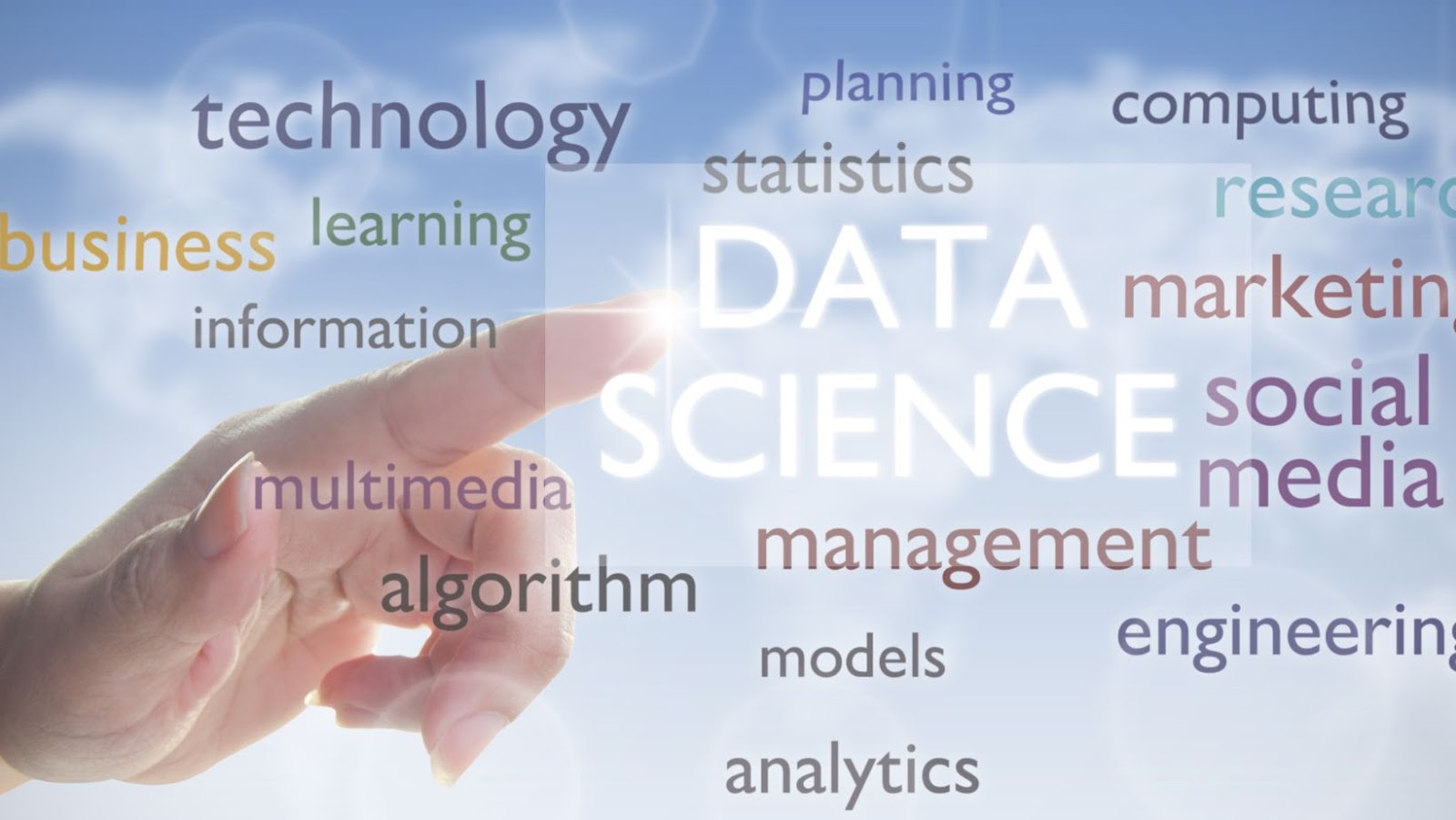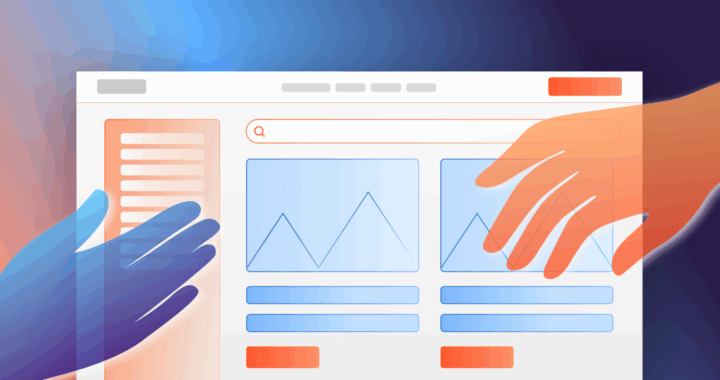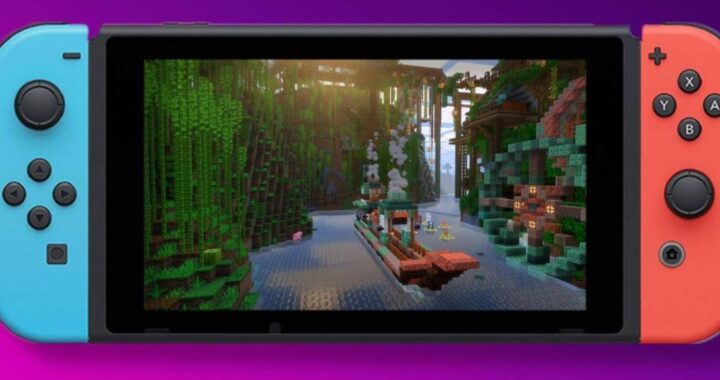How Sofar is changing ocean data collection

Ocean data collection firm Sofar raises $39 million
Are you struggling to find accurate ocean data to fuel your coastal operations?
Sofar, the ocean data collection firm, is revolutionising how we understand our oceans with their $39 million funding round.
Discover how Sofar is changing ocean data collection and what it means for your business.
Introduction to Sofar: What is Sofar and What Does it Do?
Sofar is a mission-driven technology company that strives to accelerate ocean science and conservation change through data collection. As a SaaS product, Sofar offers end-to-end solutions for developers, researchers, environmental consultants, decision-makers and all those seeking moveable real-time environment data.
With an innovative toolkit consisting of multiple multirotor drones, planned surveillance drones equipped with automatic safety systems and highly adapted sensors, Sofar is revolutionising how we collect data from the world’s oceans. They’ve created a model with unmanned aircraft for gathering accurate data about marine conditions and processes in near real-time at unprecedented scales. The use of their hardware has been documented in conservation missions such as monitoring fish populations off the coast of Alaska or tracking plastic pollution in our oceans.
By utilising lightweight designs, modular components and larger battery life spans compared to traditional ocean drone measurement devices which are typically bulky, long lead times from order to deployment and substantially higher operational costs; Sofar is helping to easily access marine conditions even when traditional methods cannot be used or require extensive onboard resources. Their integrated suite of software integrates various stages — such as collecting and planning a mission — into one seamless system that produces meaningful insights quickly while enhancing safety and reliability of the process itself.
The Need for Innovative Ocean Data Collection Solutions
With over 70% of our planet covered by the ocean, data and understanding of this inaccessible domain has always been difficult to obtain. Unfortunately, traditional methods that involve sending divers or ships out to take physical measurements are both expensive and time consuming, making it difficult for scientists to track biophysical changes promptly.
In recent years, technology developments have allowed for increased ocean data collection using innovative means. For example, autonomous underwater vehicles (AUVs), buoy-based instruments, acoustic telemetry systems and satellite-based ground station networks have enabled scientists to observe and quantify physical oceanographic parameters such as water temperature, salinity and other key characteristics with greater accuracy than ever before. These advances have revolutionised how marine species are monitored over time.
However, challenges remain regarding collecting suitable coverage of the global ocean while achieving cost savings without sacrificing the level of detail scientists require. Enter Sofar Ocean Technologies – a pioneering company that has created a suite of data capture solutions — including ASV’s (autonomous surface vehicles) and AUVs enabling cost effective wide area ocean coverage collections at unprecedented sampling rates and resolution. In addition, their cutting-edge ocean observation devices are smartly designed for longer duration missions allowing for enhanced temporal resolution requirements needed by researchers worldwide to better understand our oceans around the globe.
Sofar’s Impact on Ocean Data Collection
The ocean has been an endless source of mystery and adventure for millions of years — but we still don’t understand it as much as we’d like. Issues such as climate change, overfishing and pollution are putting our oceans in peril at unprecedented levels. Ocean data collection is integral to our understanding of the ocean and its systems. Yet, the cost and complexity of gathering this data hinder progress. This is where Sofar comes in.
Sofar is a technology start-up dedicated to collecting data from remote ocean parts that would otherwise be inaccessible or costly for people to reach. By leveraging robotic underwater drones (known as floats), Sofar can gather critical climate data from remote deep ocean regions that were previously impossible or too expensive to explore. As these autonomous systems collect data, it can be relayed back in real-time via satellite or cell connections — allowing scientists a unique window into our watery world without having to physically venture there themselves — effectively offering an entirely new view on what’s happening beneath the waves.
The impact that this innovation has already had on ocean science is impossible to measure – providing scientists with valuable insight into underwater conditions, movements & topography in real time never before possible before, offering them improved methods for monitoring important issues such as microplastics distribution and changing marine life patterns directly related to climate change effects. In short, the future of marine science depends largely on technology like Sofar’s floats – giving us hope that digital solutions can go some way towards saving our oceans if implemented correctly.
Sofar’s Recent Funding Round
Sofar Ocean Technologies recently raised a $28 Million Series A funding round, pushing its total funding to over $40 Million since it was founded in 2014. As part of the new round, Mitsubishi UFJ Capital Co. Ltd and Marubeni Corporation are joining the list of investors. These companies join current ventures such as Horizons Ventures, Shell Ventures and Upfront Ventures in contributing to Sofar Ocean’s growth.

This new influx of funds will allow Sofar to accelerate research into creating a revolutionary ocean monitoring platform that is more reliable and cost-effective than existing methods. With these new investments, Sofar is on track to become a leader in small-scale ocean data collection – transforming seafloor surveys and large offshore areas into manageable tasks with faster turnover times for customers.
Using their SPRAY autonomous Surface Platform, powered by AI and capturing real-time data from multiple sensors, Sofar’s plans to address monitoring needs for governments and businesses related to Coastal protection and urban development projects, port management services, and oil & Gas operations amongst others. Additionally this extra funding will give them the ability to create an artificial intelligence pipeline of captured data using their revolutionary technology that would be used by both commercial fisheries services looking to gather radar developments around their vessels along with other customers that use maritime vessels for monitoring purposes along coastlines or shipyards as well as collecting environmental data from oceans worldwide. Lastly, this additional investment will allow Sofar to increase its presence in 100+ sites across 18 countries globally, offering unparalleled access to local ocean or weather conditions which can now be monitored regularly remotely; giving customers unprecedented authority over the resources they seek to control.
How the Funds Will be Used
With a grant available of more than $500,000, Sofar will use the funds to further its ocean data collection technology. The money will be used primarily to develop advanced robotics, software, and Artificial Intelligence (AI) capabilities necessary for efficient data collection. This includes improving the To BeContinued (TBC) navigational control, which is Sofar’s deep-sea robot built with optimised propulsion and artificial intelligence to autonomously travel great lengths in deep ocean environments. Additionally, the grant will improve Sofar’s software stack and create a custom cloud platform to process and handle large amounts of oceanic data.
The aims are to build a ‘next generation’ tracking system to collect complex oceanic data such as turbidity levels or particle concentrations at greater depths more accurately than current systems allow. By taking advantage of advancements in artificial intelligence and machine learning technologies, it may also be possible for this system’s trackers to detect changes in these parameters in real time using sensors instead of traditional methods relying on manual recording or sample retrieval at discrete depths.
Benefits of Sofar’s Technology
Sofar’s technology is revolutionising how ocean data is collected, providing many benefits for scientists, marine resource managers and industry. Using autonomous underwater vehicles, Sofar’s proprietary Sofaroam™ ocean sensor systems enable depth profiles to be acquired between 10 metres and over 1 kilometre without deploying an expensive ship or manned submersible.

This makes it much faster, more efficient, and less costly than traditional sampling methods. Data collected by these systems includes water properties such as temperature, conductivity (a measure of salinity), dissolved oxygen (DO), chlorophyll fluorescence, currents and turbulence. This wealth of information helps monitor the environment and provides valuable insights into commercial fishing and other activities.
Sofar allows long-term monitoring of large aquatic areas with minimal disruption to location habitats or water users. Furthermore, its ocean sensing systems can be mounted on existing marine infrastructure such as buoys, docks or piers meaning that data can be gathered from multiple sites simultaneously at regular intervals greatly expanding our understanding of aquatic ecosystems without having to undertake repeated costly missions.
The technology also offers open access APIs which facilitate the sharing of data quickly and efficiently across the research community leading to larger projects guided by powerful insights generated by collaborations amongst universities and organisations worldwide.
Challenges Faced by Sofar
Data collection in the deep ocean is often difficult, expensive, and time consuming. Sofar has identified a few key challenges associated with traditional ocean data collection:
1. Limited spatial coverage: Because of the difficulties of reaching deep-sea locations, obtaining samples from many locations over a short period is hard.
2. Time-consuming data collection: Sampling from different depths and collecting high resolution data can be tedious and slow for oceanographers.
3. Expensive sampling equipment: Obtaining high quality samples requires specialised robotic systems and/or long periods of manual labour in the ocean depths, resulting in increased costs and safety risks for personnel conducting the research.
4. Costly technology upgrades: To boost research capacity or gain higher resolution readings, individual researchers must invest in new instruments or systems that are costly and require time to learn how to use them effectively.
5. Lack of standardised methods and protocols: Without standardisation across organisations, results can vary considerably from one research group to another, making it difficult to combine datasets for analysis or compare results securely across disciplines or between countries.
Sofar’s mission is to overcome these challenges by creating an open source automated platform for collecting data in the deep sea that is more accurate, efficient and cost effective than traditional methods can provide.



 QR Codes and the Technology Driving Smarter Customer Journeys
QR Codes and the Technology Driving Smarter Customer Journeys  If AI Is the New Search Engine, Your Content Needs to Evolve
If AI Is the New Search Engine, Your Content Needs to Evolve  How Much Does Minecraft for Nintendo Switch Cost and What’s Included
How Much Does Minecraft for Nintendo Switch Cost and What’s Included